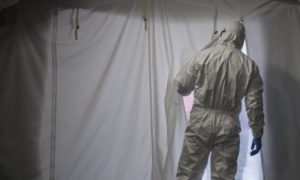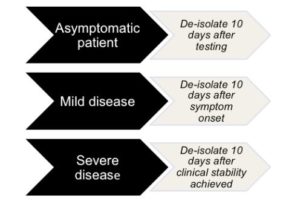News
Important Notice: New rules around quarantine and self-isolation in South Africa

Dr Zweli Mkhize, South Africa’s Health minister has revised the recommended isolation and quarantine period for South Africans who have tested positive for Covid-19.
On Friday (17th July), Mkhize made a statement. He said that the recommended isolation period for patients with confirmed Covid-19 infection has now been reduced from 14 to 10 days.
Apparently, Dr Mkhize said that the revision is based on evidence that most patients with a mild Covid-19 infection continue to shed the virus from their upper airways for approximately 7 to 12 days.
The minister said:
“The presence of detectable virus when testing does not necessarily imply infectiousness. It has been proven that in mild cases, virus cultures are generally only positive for 8-9 days after symptom onset.”
“The duration of infectiousness in patients with severe disease (i.e. requiring admission due to clinical instability) is less well established. In general, patients with severe disease may continue to shed (the) virus at higher levels for longer periods than patients with mild disease.”

On Friday, there was a new directive published by Mkhize which had a detailed information about the self-isolation and quarantine criteria that should be followed for people returning to South Africa.
In the context of the regulations, it stated that these criteria are specific to people entering the country from abroad.
However, they also provide clarity around what is expected of people who are self-isolating at home.
These criteria include the following:
- A separate well-ventilated bedroom with a bathroom and toilet, or a residence that is not shared with persons who are not subject to quarantine;
- Meals should be served in the room in disposable utensils or utensils that are separate and are washed properly if there are persons who are not subject to quarantine;
- Support from friends or family that can facilitate the drop off of food and medicine at the gate if they are not able to make use of online shopping facilities and contactless deliveries;
- A thermometer that will allow him or her to measure his or her temperature daily;
- Access to the internet and a phone that allows the daily reporting of symptoms;
- Access to a private physician that he or she can contact should he or she require medical advice or care; and
- A contact number where he or she can be reached during the period of self-quarantine or self-isolation.
You can further read the new directive below:













